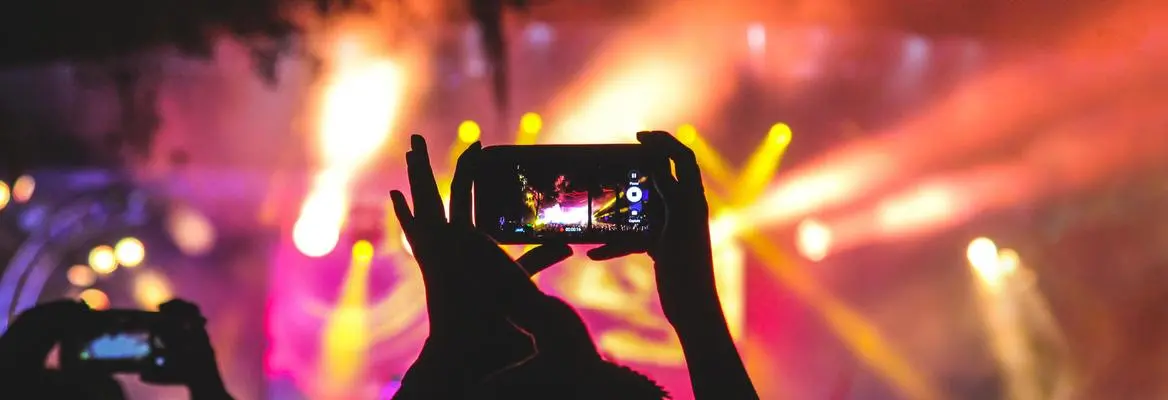Two true stories. After sitting down on a bus, a girl of about ten takes a vacated seat with her father and little brother at her sides, and then pulls out a paper fortune teller she obviously made herself. She asks two women sitting across the way for colours and numbers, working the folds in the fortune teller once they answer. Both were clearly amused as the girl told them their futures. There was something strange in this scene: strangers talking on a bus in a good-natured way. But there was equally something missing.
A couple of weeks later, four students sit at a round table in a busy cafeteria at the university where I teach. They’re chatting, joking, and like the people on the bus, happy to be there. But about a foot or so in front of their faces they’re holding smartphones like cherished religious icons, repeatedly glancing at them during their conversation. Their talk takes place around, over, and through their iPhones, now an essential part of their worlds. They can’t leave home without them.
These parables illustrate two modes of being, the former slowly fading away, the latter triumphant, like soldiers marching in a parade as their dictator waves from his palatial balcony.
Husserl, Heidegger and the Digital World
Two ideas from my largely wasted philosophical adventures come to mind here: Edmund Husserl’s concept of the Lebenswelt, or Lifeworld, and Martin Heidegger’s idea of Dasein (being there) as a fundamental mode of Being-in-the-World.
The Lifeworld is the world as we experience it immediately and inter-subjectively. It’s our feelings, beliefs, cultural habits, and the physical environment they take place in. Unless you’re in a Skinner box, it’s right in front of you now. Since our habits and values are all tangled within our Lifeworld, and we’re rarely conscious of how they’re connected, phenomenologists like Husserl and Alfred Schütz thought we had to analyse it free from moral and social presuppositions. With an open mind.
Heidegger’s Being-in-the-World was perhaps a bit meatier, ontologically speaking – he thought we’re thinking, valuing beings thrown into a world whether we like it or not, and that our basic choice in that world is to choose whether to live life authentically or inauthentically. To own our practices and habits as conscious choices, or to fall in with Das Man, the herd, and without much thought do what everyone else is doing. Just to be popular, or cool, or to avoid standing out. Like a furry coat in winter, the embrace of the crowd keeps us warm and comfortable.
___
"The point is that reality itself is now in the process of being uploaded."
___
Digital devices are everywhere in our Lifeworlds and they both promulgate and ossify habits. All you have to do in a cafeteria or on a bus is to look up and see students and commuters hunched over smart phones like hungry zombies, munching on texts and social media posts as hungrily as the walkers in The Walking Dead munch on bodies. It isn’t just a matter of communication leaving the worlds of print and speech, being translated into 1s and 0s, then being uploaded to the Net as digital texts and pictures. That creates problems in and of itself.
The point is that reality itself is now in the process of being uploaded.















Join the conversation